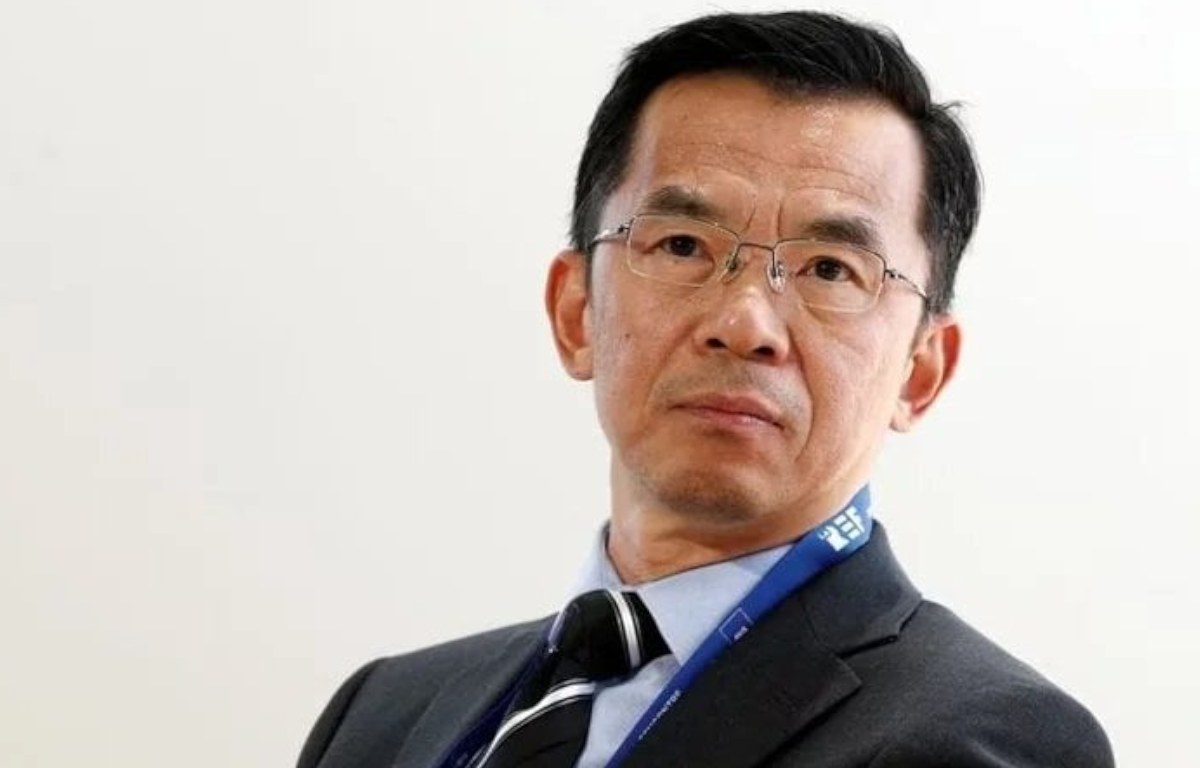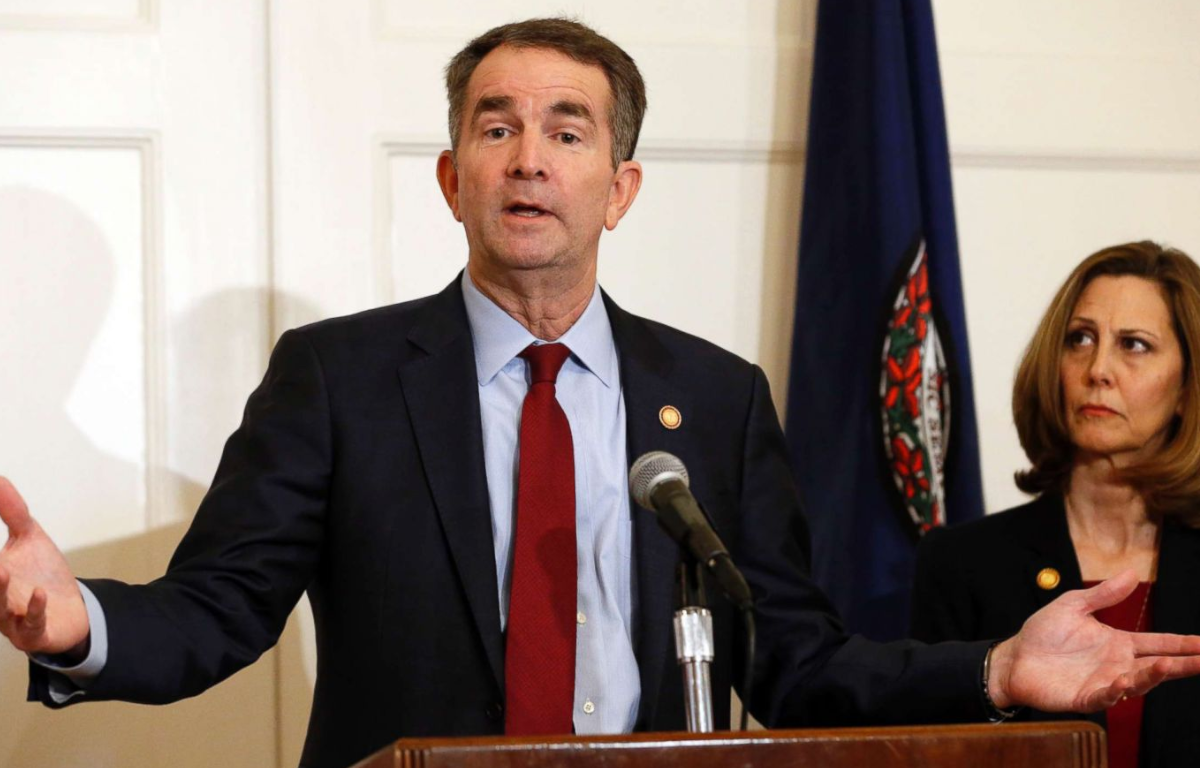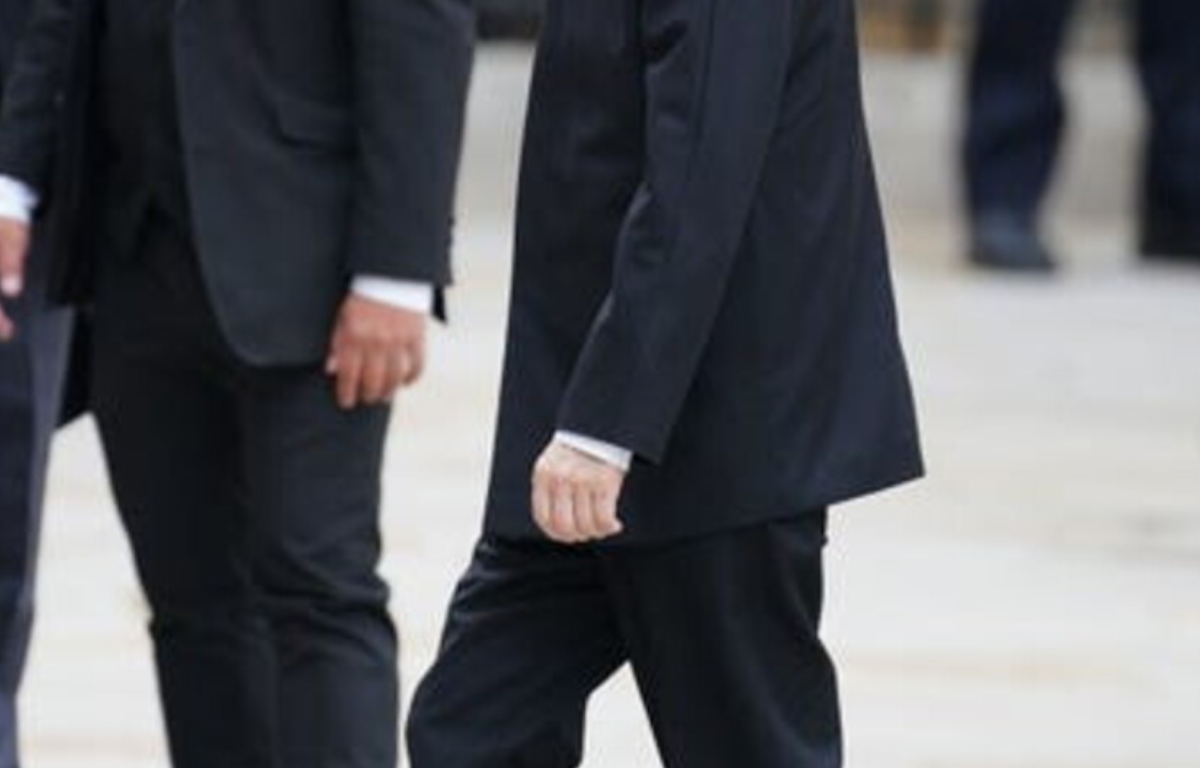
China’s economic prowess in Africa has allowed it to forge deep-rooted relationships with several African governments. In this symbiotic relationship, China’s centralized governance model has found favor among leaders seeking enhanced control and economic progress. However, the embrace of this model often comes at the expense of democratic values and human rights, causing a regression from previously achieved milestones in governance.
Central to China’s influence is its control over media and information. This appeal to African governments aiming to suppress dissent and control narratives has led to a notable decline in independent journalism and open public discourse. The export of surveillance technologies and censorship practices is exacerbating the situation, curtailing the free flow of information and undermining the foundations of democratic societies.
Furthermore, the ‘development first’ approach championed by China has its repercussions. While African nations welcome infrastructural progress, such projects frequently sidestep accountability for human rights violations, environmental degradation, and corruption. The consequence is a trade-off between short-term economic gains and sustainable, accountable governance.
China’s expertise in quelling political opposition has also permeated some African nations. The rise in arrests of activists, journalists, and opposition figures bears testament to the export of tactics such as arbitrary detentions and intimidation. The resultant erosion of civil liberties not only threatens democracy but also risks stoking internal instability.
These practices give rise to broader concerns about the sovereignty of African nations and the future of human rights on the continent. While nations possess the right to determine their governance systems, the spread of China’s authoritarian practices risks diluting true sovereignty. Moreover, adherence to such practices could engender human rights crises and social unrest, fundamentally compromising the progress that democratic values have fostered.
Amidst the complexities of this evolving landscape, a balanced approach is vital. African nations must tread carefully between economic development and the preservation of democratic principles. International organizations dedicated to human rights and democratic governance must play a role in fostering dialogue and providing support to nations grappling with this dilemma. The outcome will significantly shape Africa’s political trajectory in the years ahead – a path that should ideally embrace progress without forsaking the core values that underpin free and just societies.










Share this: